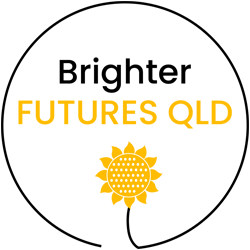
Every NDIS participant has a unique NDIS plan that is tailored to their needs. An NDIS plan will outline the supports and services they may require to achieve their goals outlined in the plan. The NDIS plan will have corresponding funding allocated to pay for these supports and services. An NDIS plan will develop and change over time according to the participant’s needs.
If you meet the age and residence requirements, as well as one of three requirements related to disability and early intervention
To be eligible for the NDIS, you must:
In addition to the above, the NDIS will assess whether you meet one of the below requirements:
NDIA (National Disability Insurance Agency) is the agency that is responsible for implementing the NDIS (National Disability Insurance Scheme). The NDIA exists to ensure that people with disabilities receive the support they need through their NDIS plan.
NDIS registered providers have been assessed by NDIA and have met NDIS quality and safeguard standards. Brighter Futures (QLD) is an NDIS registered provider.
Supported Independent Living (SIL) comprises support or supervision of 24hrs – 7 days a week of daily activities to develop skills that allow individuals to live as independently as possible. This support is provided to participants in their own home. Supported independent living can be on an individual or share basis.
SIL does not include day-to-day living costs not related to your disability support needs such as:
Supported Independent Living does not include supports that are more appropriately funded
or provided by another service system, including:
SIL funding does not cover the cost of rent or utilities. The participant will pay for this portion. However, qualify for other funding such as rent assistance through Services Australia, which can be used for board and lodging. This is, however, separate from the SIL funding.

| Monday | 8am-5pm |
| Tuesday | 8am-5pm |
| Wednesday | 8am-5pm |
| Thursday | 8am-5pm |
| Friday | 8am-5pm |
| Saturday -Sunday | Closed |